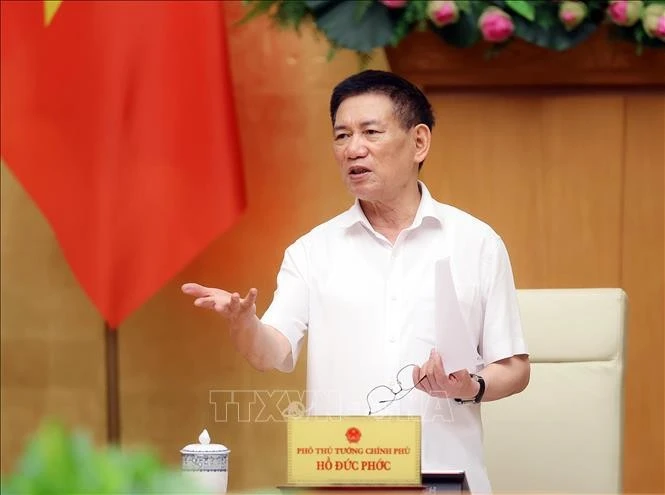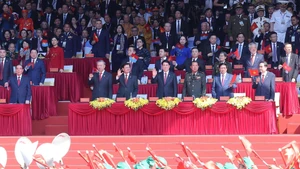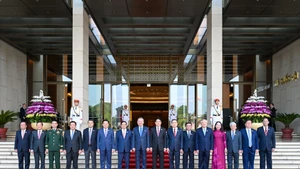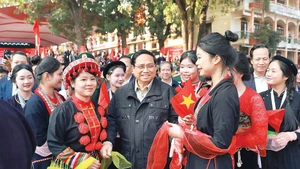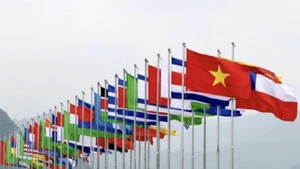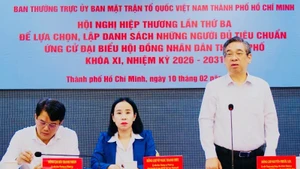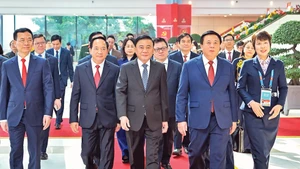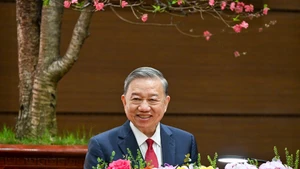Phoc chaired a working session with representatives from ministries, sectors, and major SOEs to discuss a draft decree on restructuring State capital at enterprises.
Discussions focused on key issues including land use after equitisation, valuation methods, the treatment of intangible assets, the responsibilities of valuation consultants, and regulations on mergers, acquisitions, and restructuring of loss-making enterprises. Other topics included the management of joint ventures between State-owned and foreign firms, financial settlement when dissolving enterprises, and decentralisation in enterprise management under Law No. 68 on the management and use of State capital.
Concluding the meeting, Phoc asked the Ministry of Finance (MoF) to clearly justify its proposals and ensure they align with the Prime Minister’s authority to decide on equitisation, capital transfer, and restructuring at eight major State groups and corporations such as PVN, EVN, VNPT, TKV, Viettel, Vinachem, Vietnam Railways, and SCIC. For other enterprises, the managing agencies will make the final decisions.

Regarding land-related matters, he stressed that the decree should not include detailed instructions but must comply with the Land Law to prevent land speculation and losses in land value.
“Equitisation must not be seen as selling land. Its goal is to enhance the enterprises’ performance, strengthen the economy, and ensure sustainable growth,” he emphasised.
On valuation, the Deputy PM said the agency selecting the valuating firm must take full responsibility for its selection. Valuating agencies must also be accountable for the methods they apply, ensuring the process benefits the State and avoids any loss of public assets.
He also directed the MoF to gather all opinions from ministries and enterprises to refine the draft decree, ensuring it is accurate, transparent, and leaves no room for multiple interpretations before submitting it to the Government for consideration.
According to the ministry’s report, the draft decree consists of eight chapters, 100 articles, and two appendices. It covers the equitisation of enterprises, the conversion of wholly SOEs into limited liability companies with two or more members, and the restructuring of enterprises with at least 50% State ownership.
The draft also sets out rules for mergers, consolidations, divisions, and dissolutions of enterprises; the transfer of State capital in joint-stock and multi-member limited liability companies; and the transfer of ownership rights representing State capital.
Notably, the decree introduces clearer provisions on land valuation during equitisation and promotes stronger decentralisation, allowing ministries, provincial authorities, and parent corporations to make restructuring decisions within their management scope.
